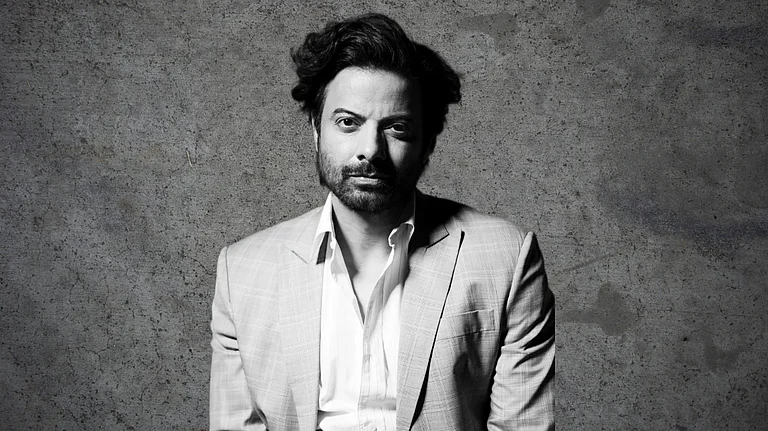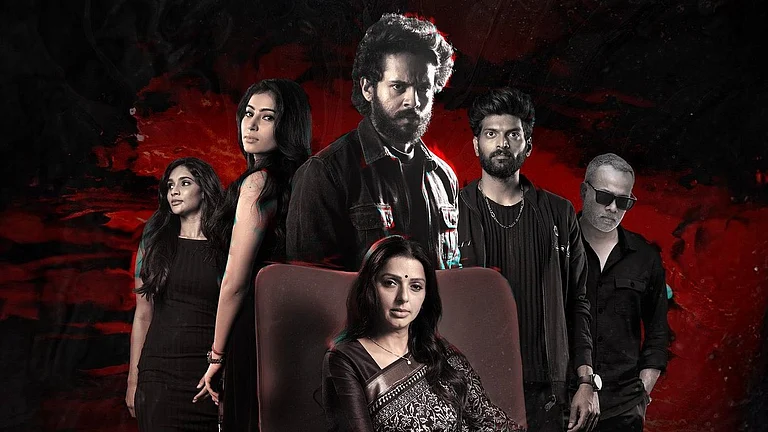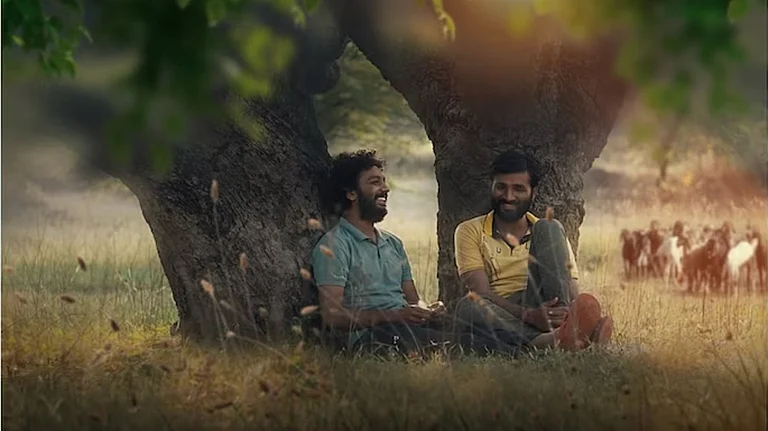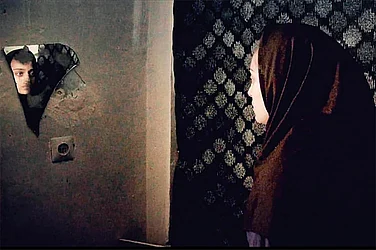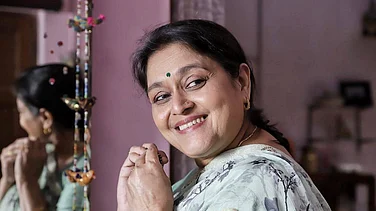Kanu Behl’s directorial ‘Agra’ was screened at the Cannes Film Festival Directors’ Fortnight. The film stars Mohit Agarwal, Priyanka Bose, Ruhani Sharma, Vibha Chibber, Sonal Jha and Aanchal Goswami. The immense praise that the film has received at Cannes has proved that the film is one of the bests to have been screened at Cannes through the years.
Talking of the story, it focuses on Guru, a young single contact centre employee who still lives with his parents. Consumed by frustration, he falls into a frenzy of near-insanity, alternating between sad dreams, dating apps, and frantic self-harm. ‘Agra’ examines the realities of patriarchy in India through the lens of male sexual suffering.
Kanu Behl speaks to Prateek Sur about the film, its Cannes debut, the unconventional storyline and lots more. Excerpts:
Firstly, the name ‘Agra’ gives an instant connection that the film would be set up in Agra. How important is the city of Agra in the film?
The city of Agra itself is a character in the film. One of the reasons I chose to call it ‘Agra’ is because of the landmark, ‘Agra Ka Pagalkhana’, and also because I thought in many ways the house and all the characters within the film represented a small madhouse of crazy sexually repressed people. I wanted that microcosm to feel like a macrocosm, a representation of everybody in our country and around the world. Also, I don’t intend the film to be viewed through only the metaphor of a ‘Madhouse’ or the lens of mental illness. This film is not about that. It is a film about a set of sexually repressed people, some of whom think that others are crazy because of things that might not fit in the larger context of social acceptance. They are really trying to play a certain transactional game with each other. I thought ‘Agra’ would be an interesting metaphor to reflect these multiple emotional states. ‘Agra’, as a city where there are milling crowds, narrow streets, and markets also becomes a representation of intensely cramped environs where sexual repression is battling the physical space and we then see how they affect each other.
Small-town parents are usually not as open to discussing about sex and bodily needs as much as it’s openly discussed in a city like Mumbai or Delhi. What do you think is the basic cause of this? Why are Indian parents and their kids not able to talk freely about sexuality in smaller towns?
I think the discussion on sexuality is taboo pretty much everywhere. I don’t think it is limited to smaller towns. I think a sort of token discussion is more plausible in the cities but a true in-depth discussion on sexuality where we can talk about our innermost desires is still not on the table, anywhere within the country either in the urban or in the small-town context. I think it is a universal issue. I think, human beings are just loath to discuss their sexuality because in the deepest places within, what we feel and what we want to express is not that easily acceptable in a larger social context. We largely stay away from speaking about it, just about anywhere.
How did the opportunity at Cannes come about?
We made the film we believed in. It was a tough and interesting journey. And yes, we shared the film with the people who see close to 6000 films from all over the world every year. I guess they found some honesty in the film and were able to connect with the humanity of the story and the human beings that were struggling with each other within the narrative.
Do you think with OTT becoming such a big thing now, filmmakers like you are getting more chances to showcase their unique talents? Are you getting better stories to tell now in this digital age?
With the advent of OTT, there is a certain democratisation of the creative space and people are now growing interested in diverse stories. But I am not sure if the envelope is being pushed enough in Indian OTT yet. That creative courage probably is more evident in films. They have a definitive voice and are exploring challenging themes as in Gurvinder Singh’s cinema (‘Chauthi Koot’) or in Anup Singh’s work (‘Qissa’) and the ‘The Song Of The Scorpions’ which is finally releasing in India. Or for that matter Shlok Sharma’s film ‘Two Sisters And A Husband’ which was the only film representing India at the Tribeca Film Festival last year. How many of these films have we seen on OTT? So, I think OTT is a double-edged sword. In many ways it has democratised stuff to a certain extent, but I think there is still a long way to go and the onus for this doesn’t just fall on the OTT platforms. I think it is a larger structural conversation. We need to look at the structural support that we have for a certain kind of cinema in India and how we can support a certain kind of filmmaker who is looking to push the narrative forward from where it might be right now.
One takeaway from a film like ‘Agra’, which you will always remember?
Stay honest to what you are doing and don’t take your eye off the ball. Don’t be scared to tell the truth or stand by what you believe in.
What next can we see coming from your end?
The next film that I am working on is called ‘Dispatch’. It stars Manoj Bajpayee and is produced by Ronnie Screwvala. It is a thriller and odyssey of a crime journalist who is investigating a story and finds himself involved with the case where he takes on much more than he expected.








